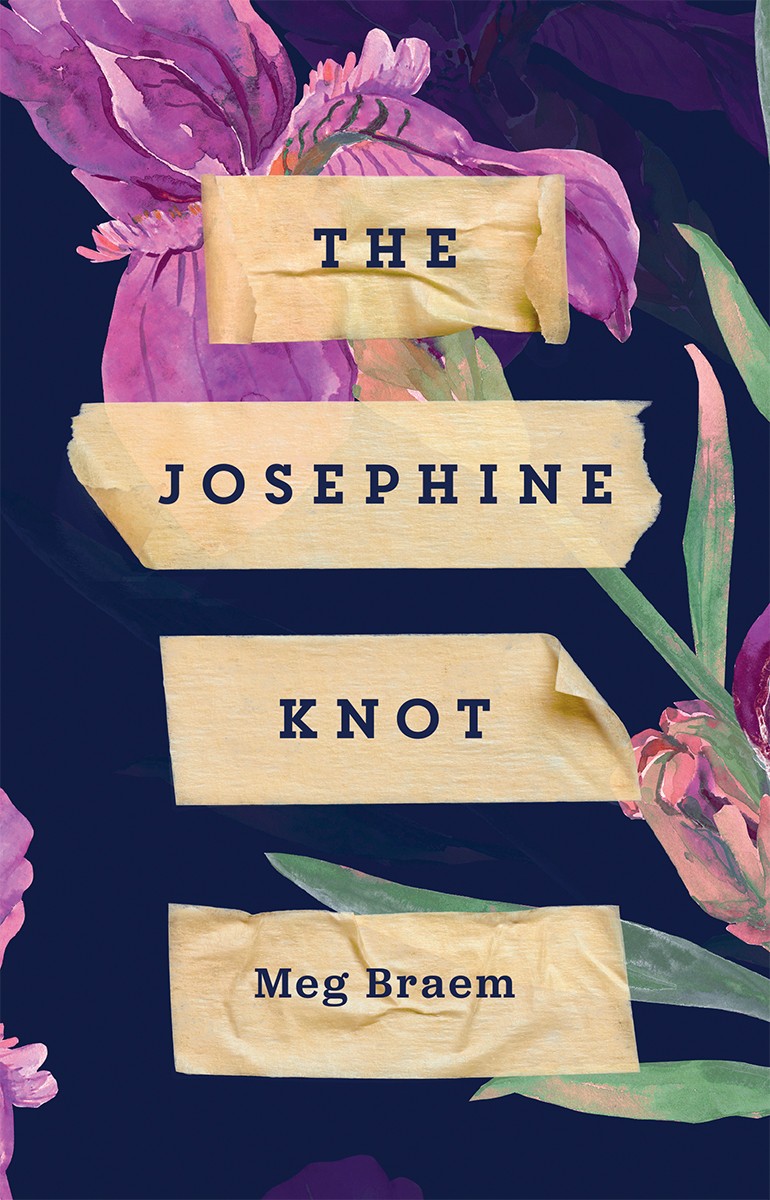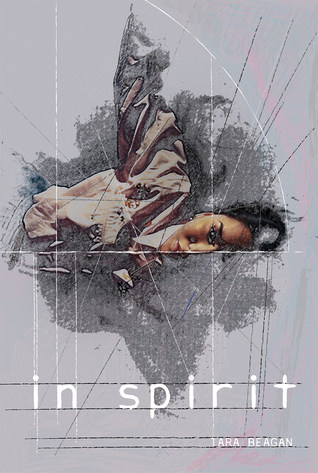Book review: "The Josephine Knot" by Meg Braem

The Josephine Knot is one of the 2018 releases by Playwrights Canada Press, and I received a copy of this play in exchange for a free and honest review.
Synopsys
The author of Blood: A Scientific Romance is back with a story in which a family must pack up a matriarch’s things while unpacking the past and untangling the present.
After Samantha’s baba dies, her fractured family is summoned to pick through the house full of belongings and trash, leaving taped notes on whatever they want to take. Between old napkins, a closet full of ketchup packets, and a freezer full of rotting meat are gems like a grandfather clock and plastic deer statuettes that hold more sentiment. While her father David sifts through his own memories, all Samantha wants is to find a simple object that could represent her place in the family. When other family members arrive, tug of wars and passive-aggressive conversations commence. In a house full of junk and sadness, it comes down to Samantha and David to find a new way to fit together.
Review
A bit funny and a bit chilling, The Josephine Knot is the perfect blend of both - living up to its title to a T. Unlike with some plays and short fiction, with which I struggle to envision everything happening as it would on stage, I had no such problems with The Josephine Knot - it sucked me in from the very beginning, and there was a reason for that.
Reading this play, I felt as if I was reading about my own family’s story. The similarities are so uncanny that I felt almost creeped out by it. My name may not be Samantha, and my dad is not David, but my grandma was undoubtedly the baba from the story. With an apartment full of porcelain figurines, with the dubious cooking habits and a bad leg, my baba was as much of tour de force as Samantha’s grandmother. And as the character in the play, she was often at the heart of the family drama, leaving, even in her passing, some unresolved issues and a property to be divided among family members.
I was both fascinated and petrified by the fact that the playwright, Meg Braem, unknowingly, managed to perfectly capture the story of my dad’s family. However, obviously, many family dramas are similar, and I do not claim any privilege rights to a grandmother named Olga.
I can find no faults with The Josephine Knot. Reviewing it almost feels as if I am trying to pass judgement onto my own family. The blend of dark humour in the face of family drama, macabre details, heartbreaking revelations - you need to read the play to understand the whirlpool of emotions that I experienced when reading the play. It is very true to life, lively, and inspirational, in spite of the topic of death.
If I am ever someone important enough to warrant a biography written about me, I would like Meg Braem to do that. She, apparently, knows what she is doing.
About author
Meg Braem’s plays have won the Gwen Pharis Ringwood Award for Drama at the Alberta Literary Awards and the Alberta Playwriting Competition, and Blood: A Scientific Romance was nominated for a Governor General’s Literary Award for Drama. Her work has been presented at the Citadel Theatre, Theatre Calgary, Lunchbox Theatre, the Belfry Theatre, Sage Theatre, Sparrow & Finch Theatre, Theatre Transit, Atomic Vaudeville, and Intrepid Theatre. She is a past member of the Citadel Playwrights Forum and was a playwright-in-residence at Workshop West Playwrights’ Theatre. Her next book, Feminist Resistance: A Graphic Approach (co-authored with Norah Bowman and Domique Hui), will be published by University of Toronto Press in 2019. Meg currently divides her time between Edmonton as the Lee Playwright in Residence at the University of Alberta and Calgary as the co-director of the Alberta Theatre Projects Playwrights Unit.
Rating: 4.5 stars
More of my book reviews





